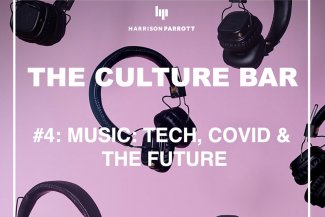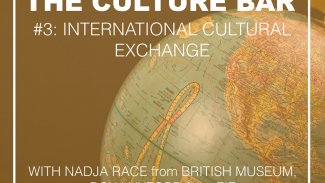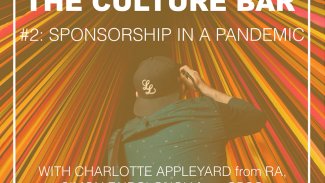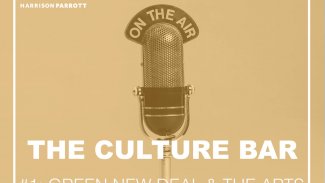The Culture Bar Podcast No.4 Music: trends, COVID & the future
15/10/2020

In podcast episode No.4 of The Culture Bar we are considering the future of music, where it’s headed, trends, and of course the impact of COVID19. We are delighted to be joined by Ben Hogwood from Naxos, Silvia Pietrosanti from Pentatone, and Till Janczukowicz from Idagio. This episode is hosted by HarrisonParrott’s Lorna Aizlewood.
This lively debate talks about how we consume music and where we get our music fixes from, be it live, be it recorded, and what’s happening in that world today. What changes are there, what are the trends, and COVID-19 and how that’s changing where we get our music from.
Find us on Spotify, iTunes, Google Podcasts, YouTube, Podbean, Deezer and all good podcatcher sites.
#theculturebar
The Culture Bar is a podcast series focusing on conversations around culture, music and the arts which matter to you. A special thank you to Robert Cochrane as the composer of the theme tune music, and Merlyn Thomas our editor.


